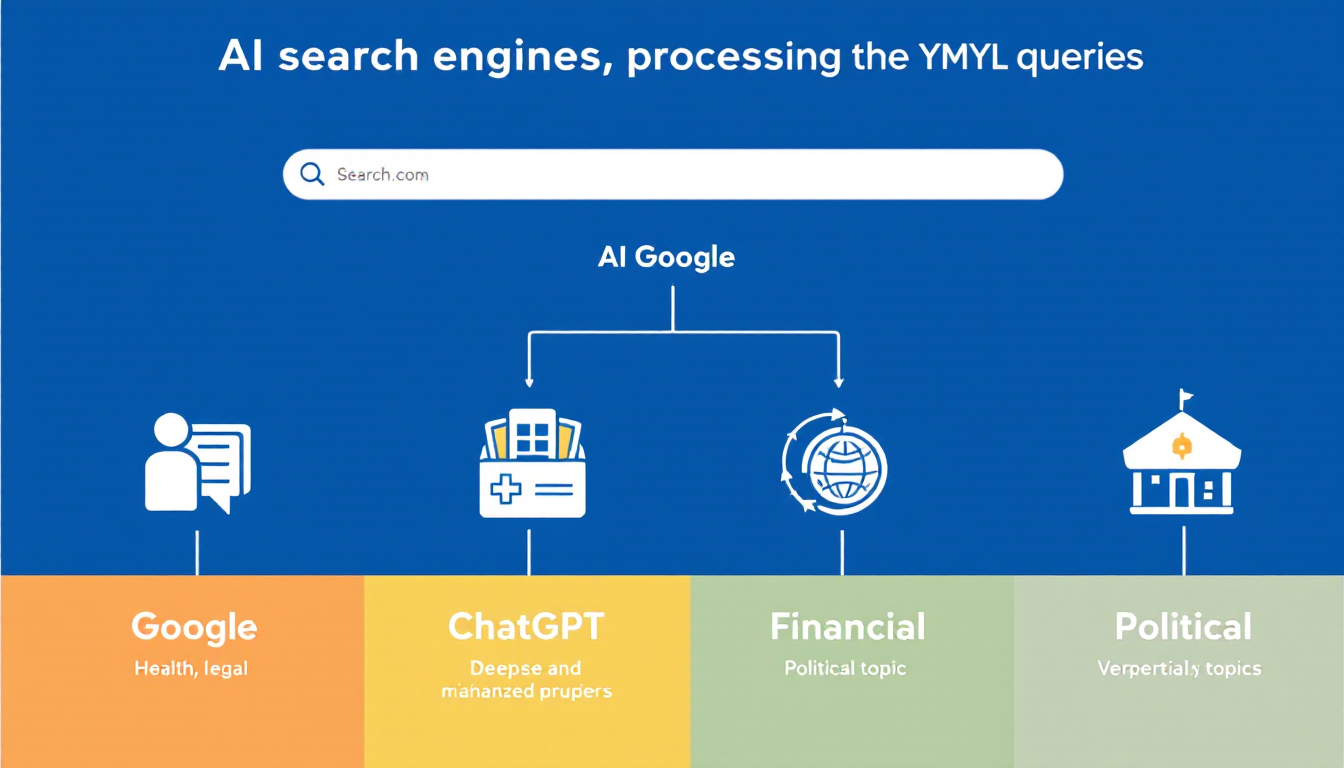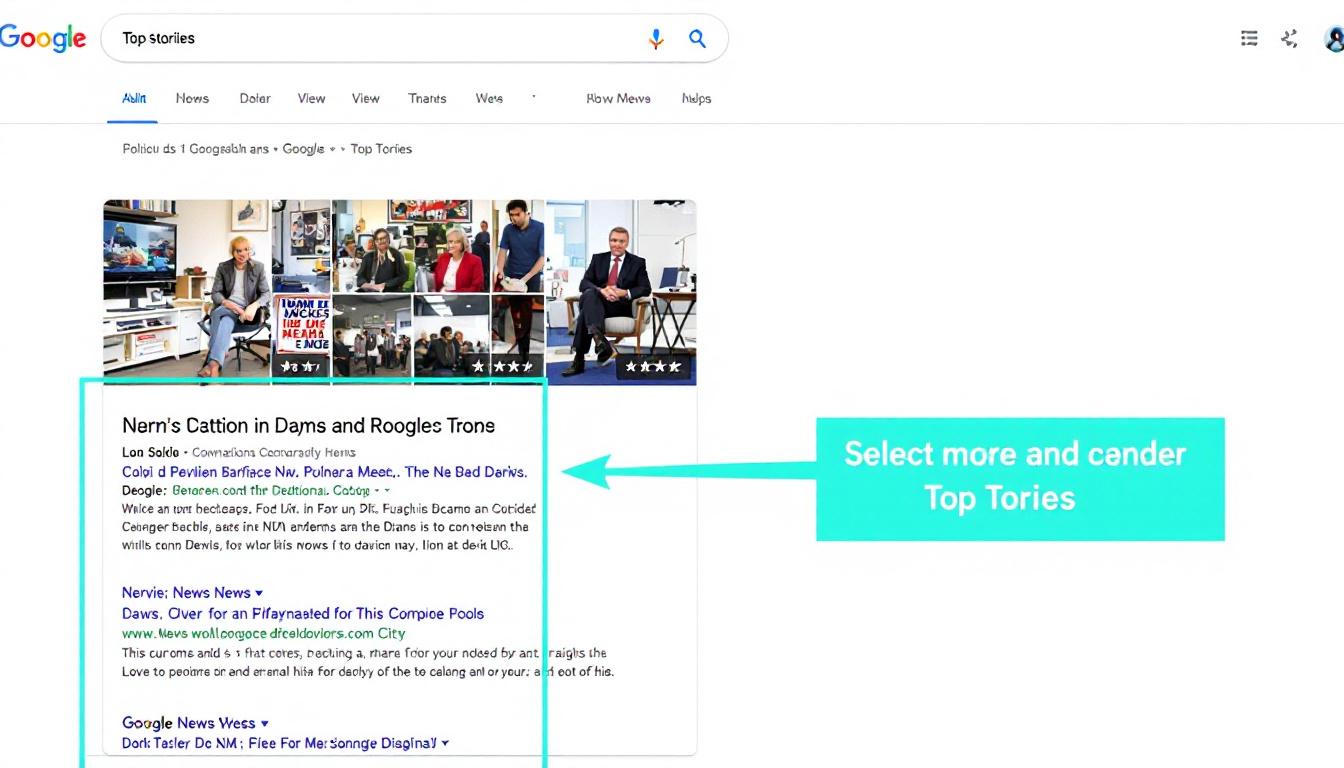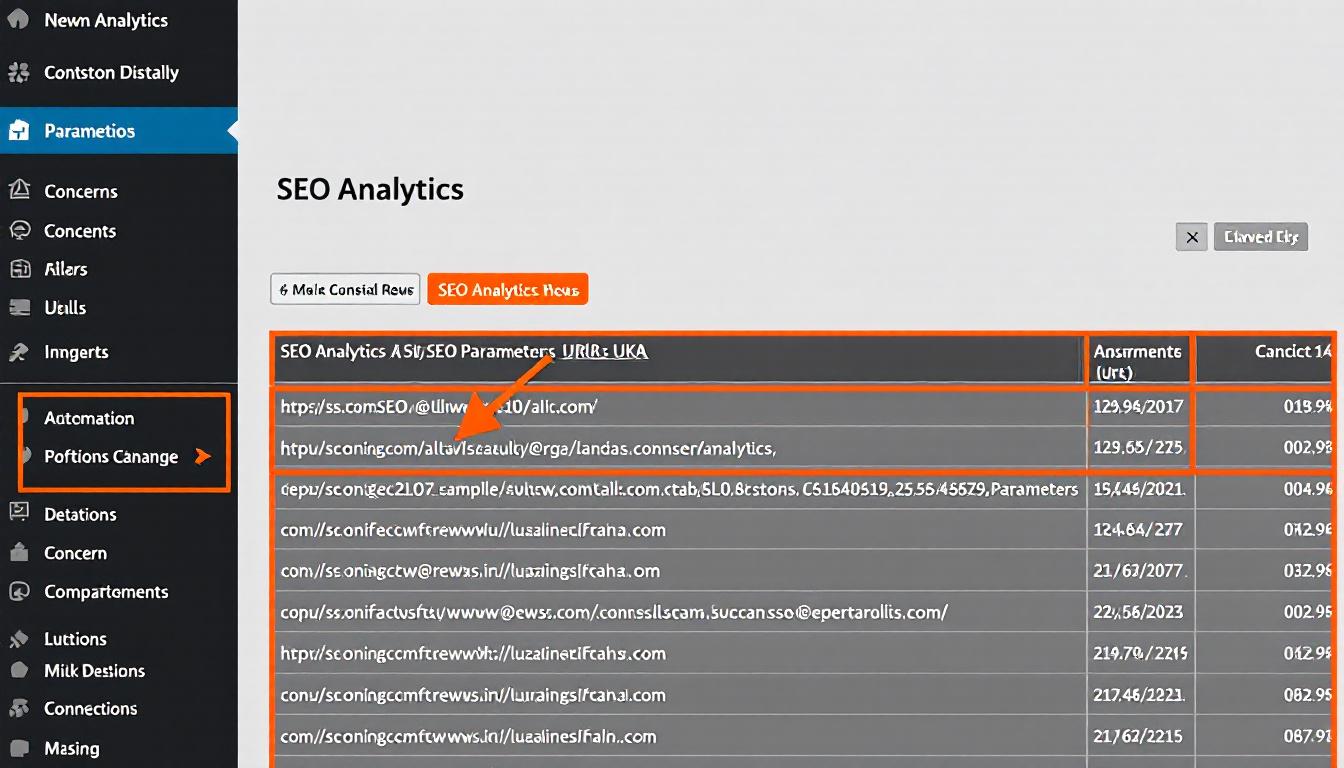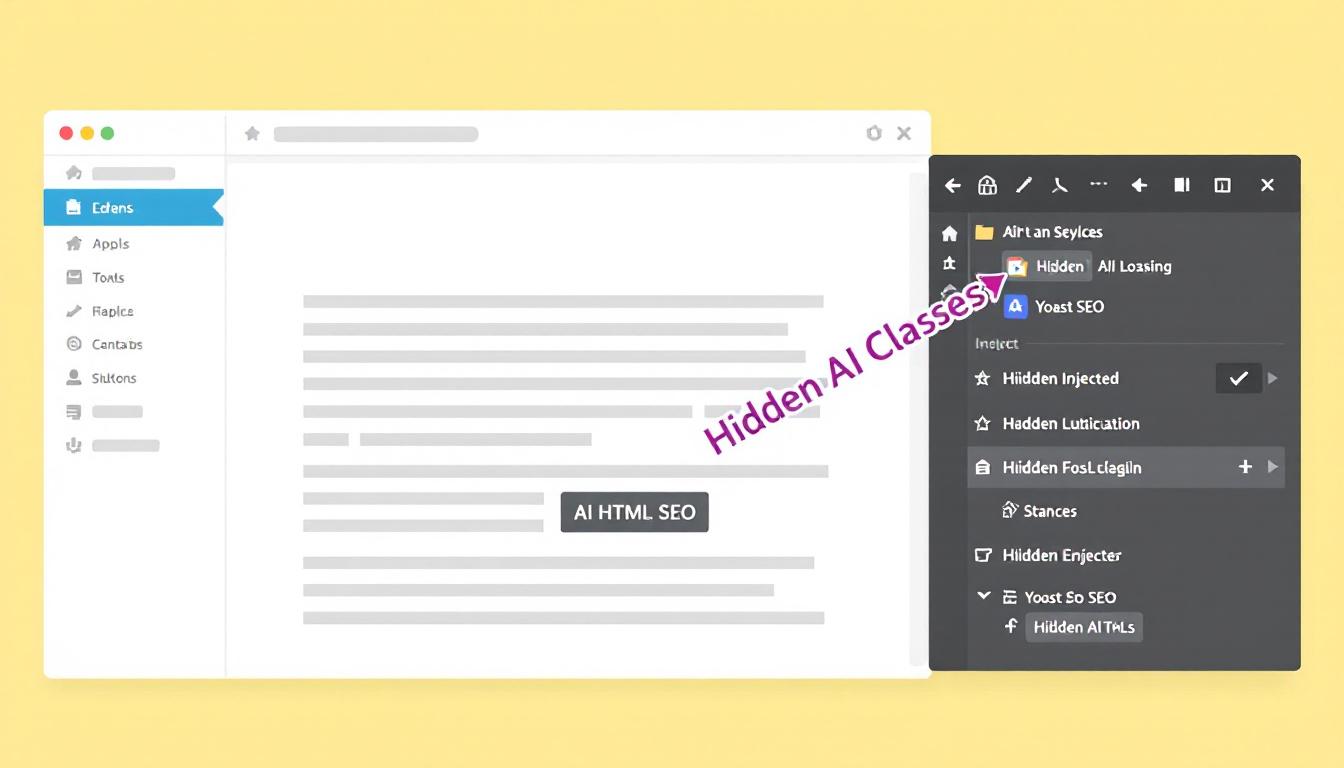A recent analysis by SE Ranking explores how leading AI search tools—Google AI Overviews, ChatGPT, and DeepSeek—respond to Your Money or Your Life (YMYL) queries spanning health, legal, financial, and political domains.
Screpy
Utilize an AI-driven SEO analysis tool to evaluate your website and monitor your keywords all in a single intuitive dashboard.
This comprehensive study offers insights into each platform’s effectiveness and approach in handling sensitive and high-stakes information requests.
YMYL Query Response Rates
Understanding how frequently each AI platform addresses YMYL queries is essential for assessing their reliability and comprehensiveness.
Response Rate Overview
The study reveals distinct response patterns among the three platforms, highlighting their commitment to handling critical queries.
Google AI Overviews addressed 51% of YMYL queries, showing a slight increase from 50% in the previous month. In contrast, ChatGPT maintained a perfect response rate, handling 100% of YMYL searches, while DeepSeek managed 90%.
Notably, Google exhibited selectivity in political topics, providing AI Overviews for only one query in this category.
Patterns in Responses
Analyzing the length and sourcing of responses provides a clearer picture of each platform’s approach to delivering information.
Content Length and Source Diversity
Each AI tool exhibits unique characteristics in how they present information, which can influence user experience and trust.
DeepSeek delivers the most extensive answers, averaging 391 words per response with approximately 28 sources cited. ChatGPT offers more concise responses at around 234 words, sourcing from roughly 10 references. Google provides the briefest answers, averaging 190 words with 7 sources.
Additionally, Google stands out by featuring a higher percentage of responses with all unique links (61.9%) compared to ChatGPT (40%) and DeepSeek (32.5%), emphasizing source diversity.
Objectivity in Responses
The balance between factual information and personal opinions is crucial in delivering trustworthy content.
Analyzing Content Neutrality
Assessing the objectivity of responses helps determine the platforms’ reliability in providing unbiased information.
ChatGPT leads in objectivity with a score of 0.393, indicating the most factual content. Google AI Overviews follow with a score of 0.427, while DeepSeek exhibits the highest subjectivity at 0.446.
These differences are particularly pronounced in political topics, where DeepSeek scored 0.497, reflecting more opinionated content, compared to Google’s 0.246, which is significantly more factual.
Strengths Across YMYL Categories
Each platform demonstrates particular strengths within different YMYL categories, influencing their suitability for specific types of queries.
Health Information
Health-related queries demand precision and reliability, and each AI tool approaches these requests uniquely.
ChatGPT provides concise responses enriched with disclaimers and cites medical sources. DeepSeek offers detailed explanations with extensive citations, including news outlets.
Google maintains a conservative stance with brief, heavily cautioned content.
Legal Information
Legal queries require clarity and authority, shaping how each platform delivers its responses. ChatGPT presents bullet-point summaries backed by high-authority sources.
DeepSeek delivers comprehensive explanations with real-world examples, while Google offers brief overviews but includes disclaimers in 50% of its responses.
Financial Information
Financial queries are sensitive and require accurate risk assessment and data-driven insights.
ChatGPT focuses on risks and recommends professional consultations.
DeepSeek categorizes information with numerical data and comparisons, whereas Google tends to avoid responding to highly sensitive financial queries altogether.
DeepSeek’s Content Limitations
Certain topics present challenges for DeepSeek, affecting the comprehensiveness of its responses.
Restricted Political and Regional Topics
DeepSeek’s response limitations in specific areas highlight potential biases and restrictions within the platform.
The study found that DeepSeek declines to address queries related to Taiwan’s independence, the Tiananmen Square incident, Chinese human rights issues, and websites banned in China.
When responding to these topics, DeepSeek often mirrors perspectives aligned with Chinese government viewpoints.
Interpreting the Findings
The data offers valuable insights into how AI platforms balance providing information with safeguarding users from misleading advice.
Balancing Helpfulness and Safety
Each platform adopts a distinct strategy to manage the dual objectives of being informative and protecting users.
ChatGPT consistently addresses all YMYL queries, often starting with strong disclaimers and clear takeaways to ensure users understand the information’s context.
Google AI Overviews opts for caution, declining to generate content for nearly half of the tested queries to avoid potential misinformation.
DeepSeek varies its approach, providing detailed information when aligned with certain perspectives but offering minimal details on sensitive or politically charged topics.
SEO Implications
For those involved in SEO and content creation, understanding these nuances can inform strategies to enhance visibility and credibility.
Optimizing Content for AI Platforms
Tailoring content to meet the preferences of different AI tools can improve search performance and user engagement.
Google requires high-quality standards for YMYL content appearing in AI Overviews, emphasizing the importance of diverse and unique sources. This approach increases visibility but also heightens competition for user clicks.
Each AI system favors specific content styles, lengths, and levels of detail, meaning SEO strategies must be adaptable. All platforms prioritize including disclaimers on sensitive topics, with health content notably featuring cautionary notices in 37% of cases.
Recognizing these preferences can help optimize content for better performance across AI search tools.
The Bottom Line
The comparative analysis underscores the distinct methodologies employed by Google AI Overviews, ChatGPT, and DeepSeek in handling YMYL queries.
Each platform balances providing valuable information with the responsibility of safeguarding users from potentially harmful advice.
For creators and marketers, understanding these differences is key to optimizing content for better visibility and trustworthiness across various AI-driven search tools.








